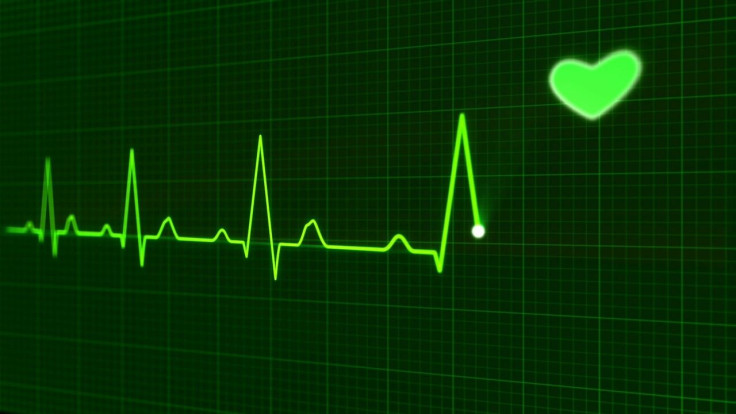Smartwatches are designed to be more than just timepieces. Aside from tracking schedules, location and activities, they boast health-monitoring capabilities, especially activities affecting heart health.
Many Americans spend hundreds to thousands of dollars on the latest wearable devices thinking the more sophisticated and advanced they are, the better their chances of saving their lives. But smartwatches still have a long way to go when it comes to detecting various heart problems.
Smartwatches for heart health
Wearable devices have come a long way since they first hit the market. Several models now target health-conscious people who are after their heart-rate monitoring, workout tracking, sleep tracking and other features.
For heart health, smartwatches utilize photoplethysmography (PPG) technology, an optical technique that detects blood volume changes in a bed of tissue. Special LED lights and sensors work together to measure the changes in blood flow within the wrist.
On top of blood pressure, the same technology is used to measure oxygen saturation and cardiac output. The method is simple, low-cost and non-invasive, making it the ideal technology for smartwatches.
Smartwatches also monitor heartbeat and rhythm. A heart beating more erratically is a sign of atrial fibrillation. Some models have special algorithms to detect this condition, often associated with dangerous blood clots. Persistent atrial fibrillation could lead to heart failure, according to the National Health Service (NHS).
Can smartwatches diagnose serious heart problems?
The answer to this is yes and no. Currently available wearables are still limited when it comes to collecting pertinent information about the heart and its functions. They may give users and medical practitioners an idea, but they are far from being diagnostic tools.
A small study found that electrocardiogram (ECG) readings taken with a wearable timepiece could be just as accurate as the more traditional ECG machines available at hospitals and clinics. But Harvard Health pointed out that the technology isn’t ready for prime time yet, with its real-world applicability still years away.
“This study is more a proof-of-principle rather than something that’s clinically useful,” Harvard Medical School professor Dr. Peter Libby, a cardiologist at Harvard-affiliated Brigham and Women’s Hospital, pointed out in a Harvard Health news release.
What can smartwatches detect?
Depending on the model, wearables from manufacturers like Apple, Fitbit, Samsung, Google, Omron, Garmin and Withings have varying heart functions. But most, if not all of them, come with heart rate detection.
Most devices with PPG and single-lead ECG have been cleared by the Food and Drug Administration (FDA) for atrial fibrillation detection. Others with inflatable cuffs built into the watch can detect blood pressure. Some models give information about blood oxygen levels.
Despite these functionalities, smartwatches are still incapable of detecting more serious conditions, including heart attacks, stroke, heart failure and many others. That’s why GoodRx Health still recommends seeking help from healthcare providers over the techie timepieces.
“Smartwatches are not yet considered clinical-grade tools for diagnosing heart problems. So most cardiologists probably wouldn’t recommend a smartwatch for heart monitoring,” the health-centric platform stated.

Pixabay Public Domain
